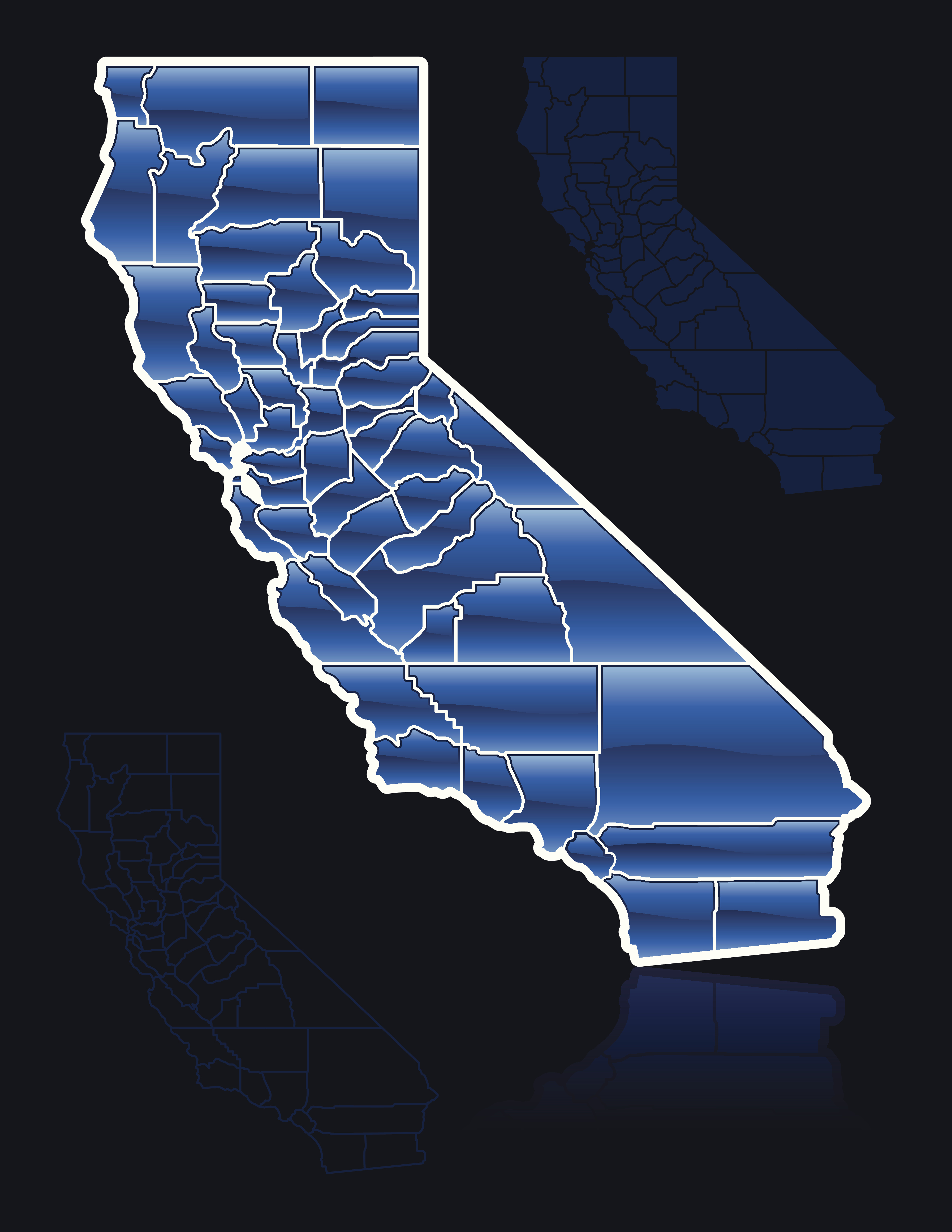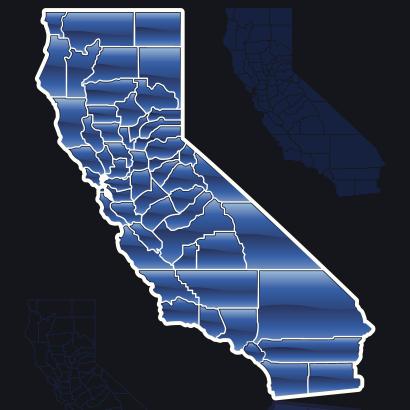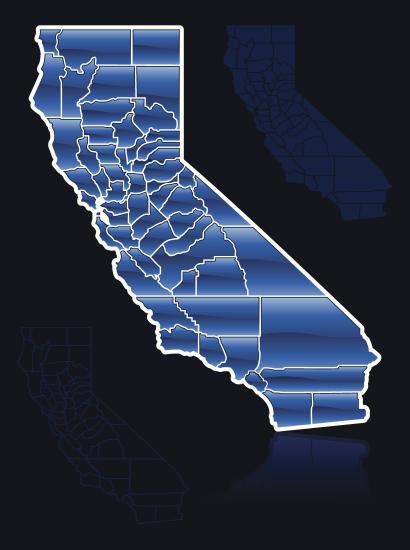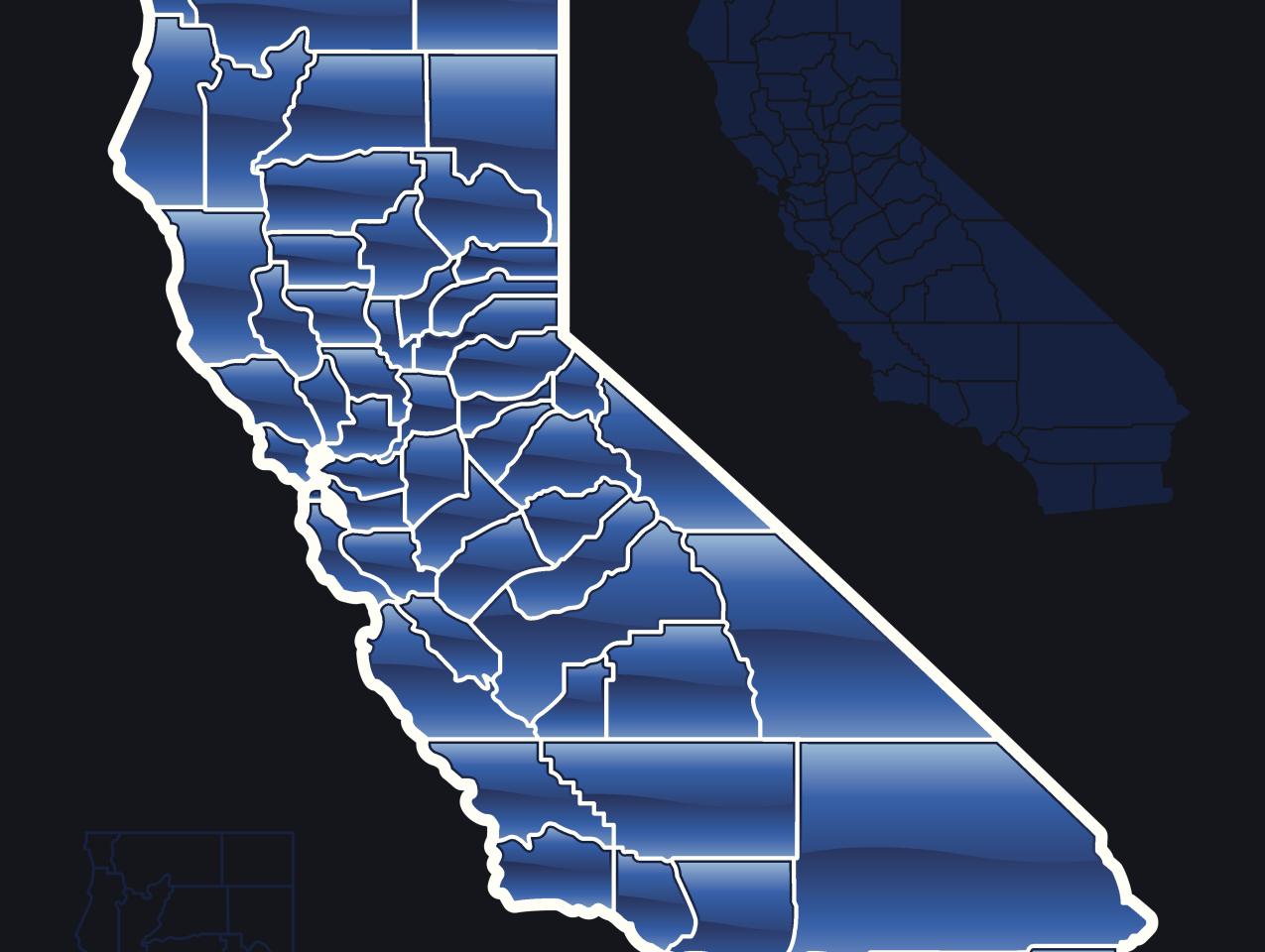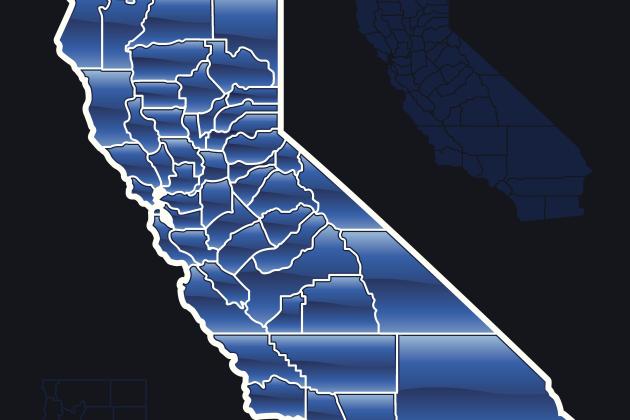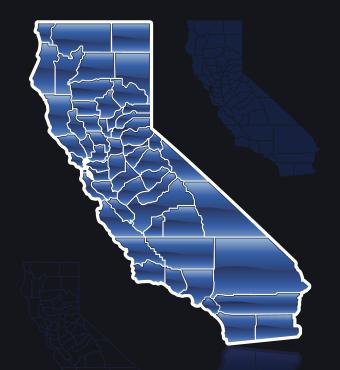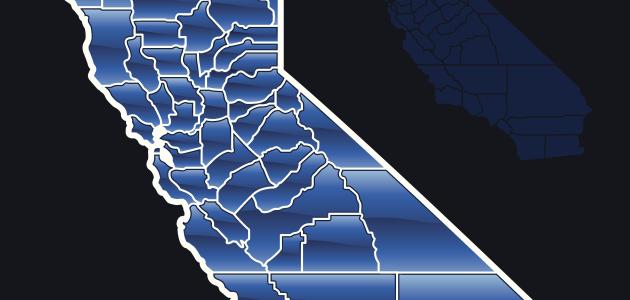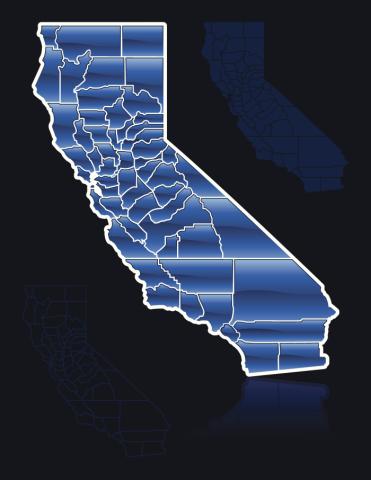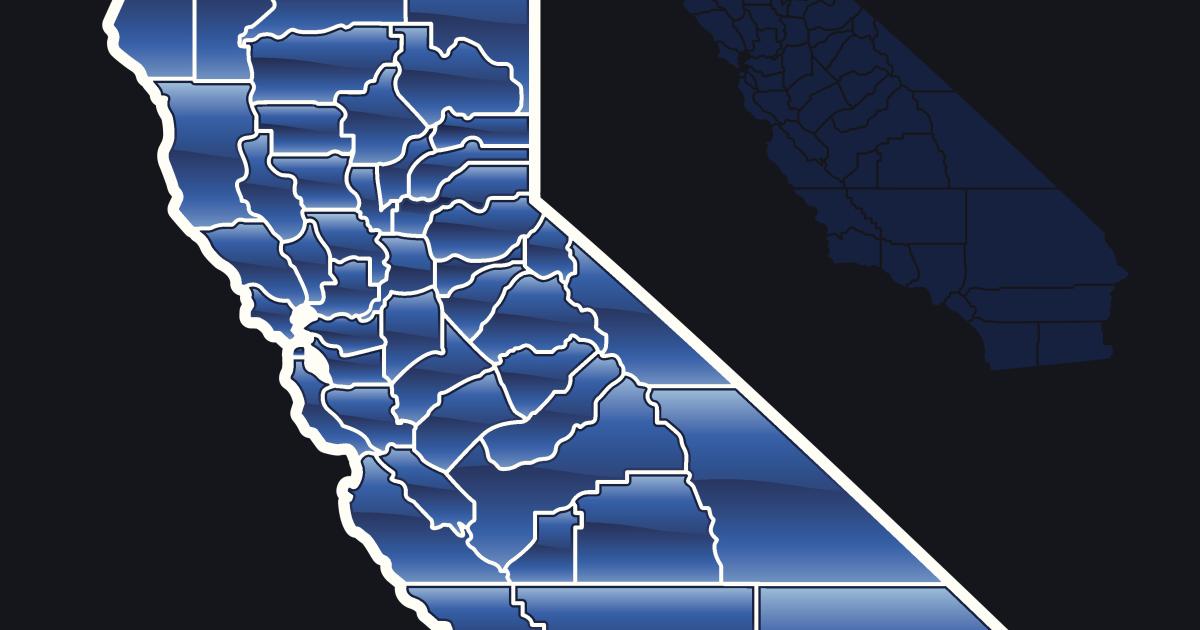- Politics, Institutions, and Public Opinion
- Campaigns & Elections
- State & Local
- Law & Policy
- Civil Rights & Race
With Lake County finished tallying its remaining votes, the last of California’s June primary votes have been counted and the Secretary of State will soon certify the results. This November, Californians will vote for the eight statewide offices: seven partisan (Governor, Lt. Governor, Attorney General, State Controller, State Treasurer, Secretary of State, and Insurance Commissioner) and the non-partisan Superintendent of Public Instruction. While only handful of these will be somewhat competitive, they all will impact California politics and policy in some manner.
Governor – incumbent Jerry Brown (D) vs. Neel Kashkari (R): RealClearPolitics puts businessman and former US Treasury official, Neel Kashkari, down about 20 points. In the most recent poll, Brown sports healthy 54% favorability and approval ratings. Kashkari has few avenues to make this race truly competitive despite Brown’s theoretical vulnerabilities. But that doesn’t mean he will be blown out by 20 points. Kashkari’s simple message, “Jobs and education, that’s it,” should resonate with voters; his biggest challenge is raising enough money to be able to boost his name recognition. An area that Brown is particularly vulnerable is the high-speed rail project, which Brown champions, but has declining public support. Kashkari, at least, needs to perform in line with Meg Whitman’s 2010 showing in order to help down-ballot Republicans.
Lt. Governor – incumbent Gavin Newsom (D) vs. Ron Nehring (R): As previously chronicled in these pages, the California Lt. Governor’s office probably shouldn’t even exist. But that won’t stop the incumbent and former Mayor of San Francisco from campaigning for re-election. Nehring probably has an even more difficult path than Kashkari as he needs to a) build name recognition for a very ignorable office and b) make a convincing argument that Newsom hasn’t performed well despite the office having no real responsibilities. Look to Newsom to ignore Nehring (as that would boost his challenger’s profile) and instead focus on raising money and building a statewide organization for the open 2018 gubernatorial race.
Attorney General – incumbent Kamala Harris (D) vs. Ron Gold (R): A former San Francisco District Attorney, Harris squeaked out a win in 2010 against Los Angeles District Attorney Steve Cooley. As such, many expected her to be vulnerable in 2014. But she managed to consolidate support among those who opposed her in 2010 – namely the county sheriffs – and received little challenge in the June primary. Little-known, former 1960’s/1970’s Deputy Attorney General Ronald Gold will be Harris’ Republican opponent and should pose no threat to her re-election. As such, Harris will likely use 2014 to lay the groundwork for a future US Senate or gubernatorial run.
State Controller – Betty Yee (D) vs. Ashley Swearengin (R): Board of Equalization member Betty Yee is likely to be the Democratic candidate for State Controller. The current margin between her and third-place finisher, former Assembly Speaker John Perez (D), is just 481 votes, however, so Perez could request a recount. This race – regardless of which Democrat Fresno Mayor and Republican Ashley Swearengin faces – will likely be the most competitive statewide race in November. First, the State Controller, despite its low profile, it actually a very powerful position as it has audit powers; and second, being an open seat allows Swearengin to really highlight her impressive resume while not having to give a reason to fire an incumbent. Swearengin still faces an uphill battle, but the slope is considerably less steep than some of her fellow statewide Republican candidates. Meanwhile, both Yee and Perez have weaknesses Swearengin can highlight. On top of that, this is an office tailor-made for a Republican message of holding accountable the Democrat’s one-party rule in Sacramento.
State Treasurer – John Chiang (D) vs. Greg Conlon (R): Current State Controller, John Chiang, is looking to play the perennial game of Sacramento musical chairs with a move over to the State Treasurer’s office. He should have no problem doing so against Republican Greg Conlon. It isn’t that Conlon is a bad candidate; he is an accomplished CPA and businessman, has served on two California statewide commissions, and has run for office before, but to compete against a well-established statewide officeholder like Chiang in a down-ballot election that will likely yield little media attention requires either a lot of money or exceptional campaigning skills (or more likely, both). Chiang has ambitions, so he’ll likely use his easy election to further build his name ID and a ground game for a future US Senate or gubernatorial run.
Secretary of State – Alex Padilla (D) vs. Pete Peterson (R): This is the second race that could conceivably become competitive for Republicans in November. Pete Peterson, the director of the civic engagement-focused Davenport Institute at Pepperdine University, is probably the most uniquely suited Secretary of State candidate California has seen for a very long time. Meanwhile, Democratic state Senator Alex Padilla has only recently shown interest in SOS-related issues and appears more focused on just staying in office after being forced out of the state Senate due to term limits. If Peterson can raise enough money to boost his name ID and tell voters his background, he could give Padilla a run for his money.
Insurance Commissioner – incumbent Dave Jones (D) vs. Ted Gaines (R): Considering the shaky start to Obamacare and its overall high-profile nature, one would think the Insurance Commissioner’s race would receive more attention than it typically does. However, Californians do not appear focused on the law’s poor rollout or its myriad of other problems. While he’s trying to boost his name ID with a trip to Texas to entice companies á la Rick Perry coming to California, state Senator Ted Gaines has struggled to raise money and for a very down-ballot race like this one, he’d need a major controversy to render Jones un-suitable for re-election. But Gaines doesn’t have much to worry about; his Senate seat isn’t up for re-election until 2016.
Superintendent of Public Instruction – incumbent Tom Torlakson (non-partisan, but D) vs. Marshall Tuck (non-partisan, but D): As a non-partisan race, if a candidate had won 50% plus 1 in the June primary, he/she would have won outright. Torlakson has been a strong ally of the teachers’ unions his entire political career and they invested heavily to try to get him over the 50% threshold on June 3, but failed. His opponent is charter school executive and education reformer Marshall Tuck and this race will become a proxy for statewide education reform (even though the SPI’s office has very little power when it comes to education policy). This will be a very expensive and close race and at this point, it is anyone’s guess whom will come out on top.
Overall, Democrats hold a clear advantage with the statewide races. Republicans only have two possible competitive races and even then, both will be uphill battles.
Follow Carson Bruno on Twitter: @CarsonJFBruno







